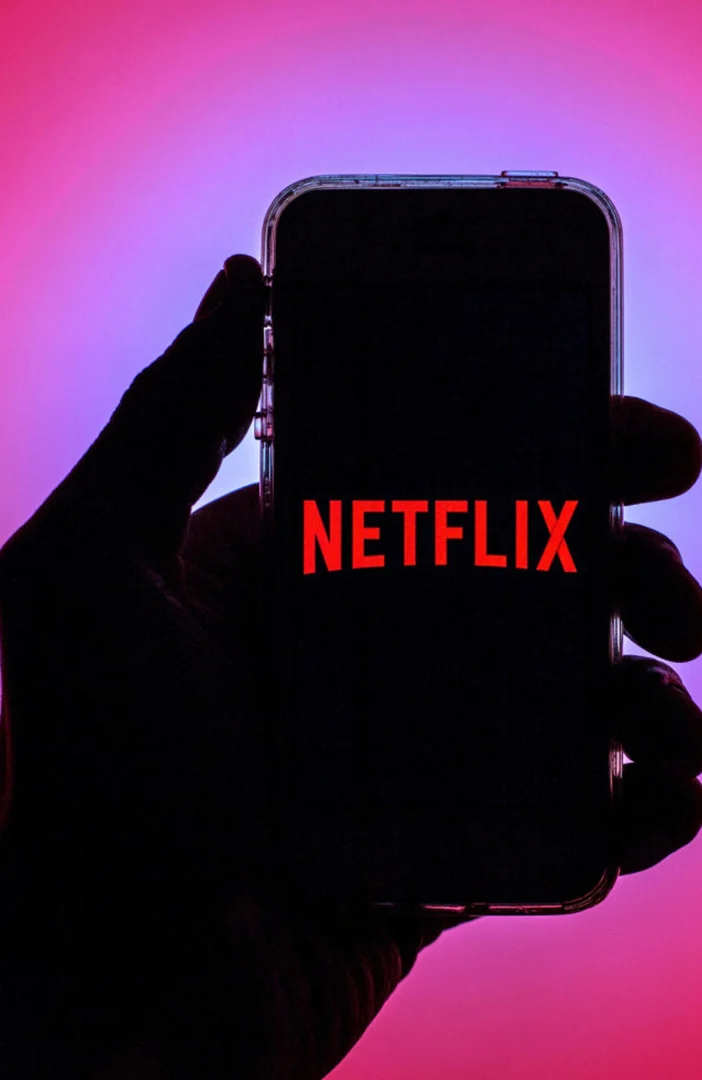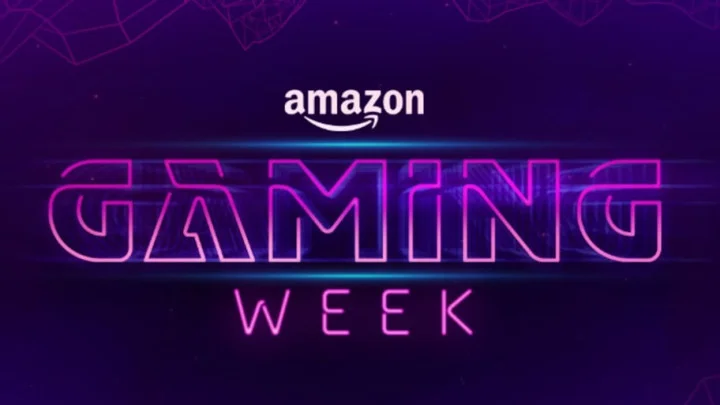Microsoft's planned $69-billion takeover of video game giant Activision Blizzard could significantly harm competition and consumer choice, UK regulators concluded in provisional findings Wednesday.
Xbox-owner Microsoft launched early last year its bid to create the world's third biggest gaming company by revenue by purchasing the owner of hit games "Candy Crush" and "Call Of Duty", but the deal has been plagued by antitrust concerns.
"The Competition and Markets Authority has provisionally found that the anticipated acquisition... may be expected to result in a substantial lessening of competition in gaming consoles and cloud gaming services in the UK," the UK watchdog said in statement.
The CMA, which launched its in-depth probe in September, added that Microsoft's takeover "could result in higher prices, fewer choices, or less innovation for UK gamers".
Echoing US and EU regulatory fears, the CMA said it could make Microsoft stronger and harm competition between its Xbox console and Sony's rival PlayStation.
Rivals have raised concerns that Microsoft would potentially restrict their access to the hugely popular "Call of Duty" franchise, but the US group has denied this.
Competition is heating up in the industry, with Sony acquiring US game studio Bungie -- creator of "Halo" and "Destiny" -- last year to the tune of $3.6 billion.
- 'Caught in the crossfire' -
The CMA has written to all parties involved in the Microsoft-Activision deal with potential remedies to address its concerns, ahead of its final report in April.
"It's been estimated that there are around 45 million gamers in the UK, and people in the UK spend more on gaming than any other form of entertainment including music, movies, TV and books," said Martin Coleman, chair of the independent panel of experts conducting the CMA investigation.
He added that the "strong competition" between Xbox and PlayStation consoles had defined the sector for two decades, with cloud gaming adding an extra dimension.
"Our job is to make sure that UK gamers are not caught in the crossfire of global deals that, over time, could damage competition and result in higher prices, fewer choices, or less innovation," Coleman said.
In response, Microsoft said it was committed to finding solutions to address the findings -- and rebutted worries over "Call of Duty".
"We are committed to offering effective and easily enforceable solutions that address the CMA's concerns," said Microsoft's corporate vice president and deputy general counsel Rima Alaily.
"Our commitment to grant long-term 100-percent equal access to 'Call Of Duty' to Sony, Nintendo, Steam and others preserves the deal's benefits to gamers and developers and increases competition in the market."
rfj/bcp/lth









